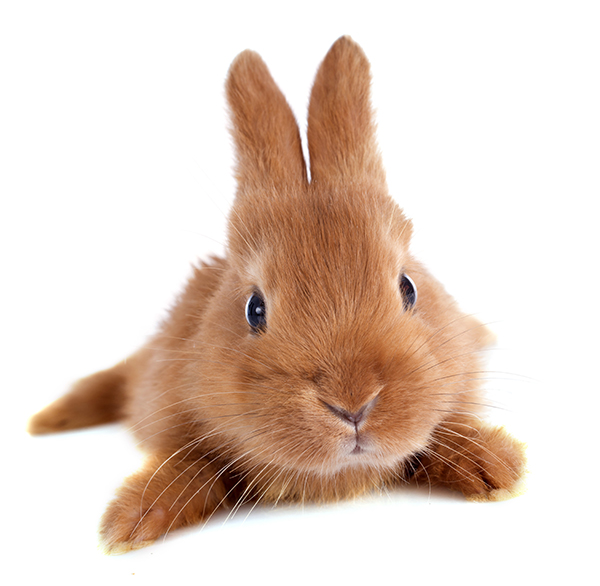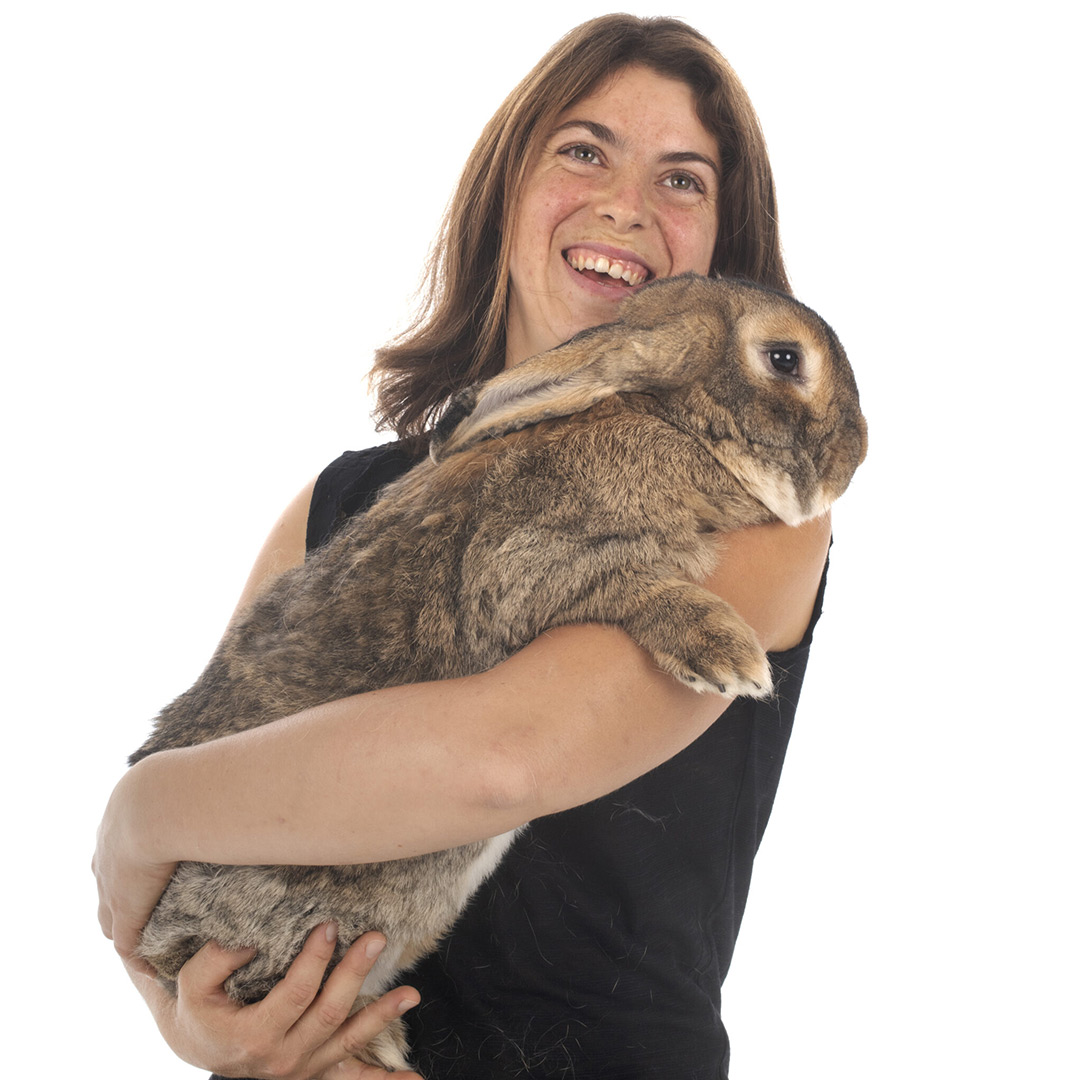Rabbits as pets
Pros and Cons of owning a rabbit
Every spring I see advertisements scattered around the internet and in local circulars for rabbits for sale. With the looming arrival of the Easter Bunny, many families think that adding a rabbit to their family is a cute and fun idea. Rabbits can certainly make great pets- but just because a rabbit is small, it doesn’t mean that they don’t require the same care and attention that any other pet would require. Adding a rabbit to your home should require the same consideration as adding a dog, or any other pet to your household. They will need appropriate food, shelter, veterinary care– not to mention love and attention. This is a commitment that will last several years, as the normal life span of a rabbit can stretch from 7 to 12 years or longer with some breeds. So, if you’re thinking a rabbit is a fun idea for your child, or for yourself- ask yourself- will you or your child still want to take care of a rabbit 10 years from now?

Pros of owning a rabbit
- They make very little noise
- They can be litter box trained (usually if spayed/neutered)
- They’re highly intelligent
- They bond well over time with humans
Cons of owning a rabbit
- They require lots of exercise every day
- They can and will bite if not handled properly
- They do not handle heat well (a big issue in the Florida heat)
- They require lots of cleanup
- They chew on almost anything
- Caging can be expensive- and cages can take up a lot of space
What kind of rabbit makes the best pet?
Of course, this is up for debate. Most domestic rabbits can make terrific pets, only if given the proper care and attention. There are close to 300 different breeds of rabbits- ranging in size from the absolutely tiny Netherland Dwarf who weighs in less than 2 pounds- all the way up to the Flemish Giant that can tip the scales at more than 15 pounds. Just keep in mind that the bigger the rabbit, the more space they will need for housing.
It’s important to have appropriate housing for your pet rabbit- and I’ve found a number of great websites that offer tips on how much space a pet rabbit will need (here’s one). Keep in mind that cages/hutches can become expensive. Bigger units with more features can run into the hundreds- and even thousands of dollars, so plan a budget and stick with it.
What should my rabbit eat?
Rabbits require a specialized diet- consisting of hay, pellets and some fresh fruits and vegetables. We’ve put together a separate blog which discusses the unique dietary needs of the rabbit. That blog can be found here. Feeding them an inappropriate diet will cause lots of problems.

Some of the other items to keep in mind when considering a rabbit:
Rabbits require a few hours outside of their housing daily to get exercise. Wild rabbits are on the move all day long- whether it be searching for food, or trying to avoid becoming food for wild predators. Domestic rabbits need to exercise too- otherwise obesity can set in. We’ll post another blog on exercising your rabbit in the future.
Rabbits are considered prey to lots of other animals, including dogs and cats, so if you have other pets a rabbit may not fit in right away, if at all. If you have a dog or a cat in your home, a rabbit may be an unwelcome addition.
A rabbit’s teeth are always growing. Unlike most creatures whose teeth stop growing when they reach maturity, a rabbit’s teeth grow their entire life. In order to manage the length of their teeth, rabbits chew on things. This can be managed providing the rabbit with lots of toys and chews- but they may also turn to your furniture, baseboards or other items in your home.
Even if your rabbit is litter box trained, they poop. A lot. An average sized rabbit can drop more than 300 pellets a day. That means cleaning their litter box or their cage every day is a must. This is a deal breaker for many potential rabbit owners.
So, if you’re thinking about adding a rabbit to your home- think all of these things through very carefully! Please do not make this decision on a whim! They do make great pets, but only if you’re prepared to provide them with the time, care and attention they need.
